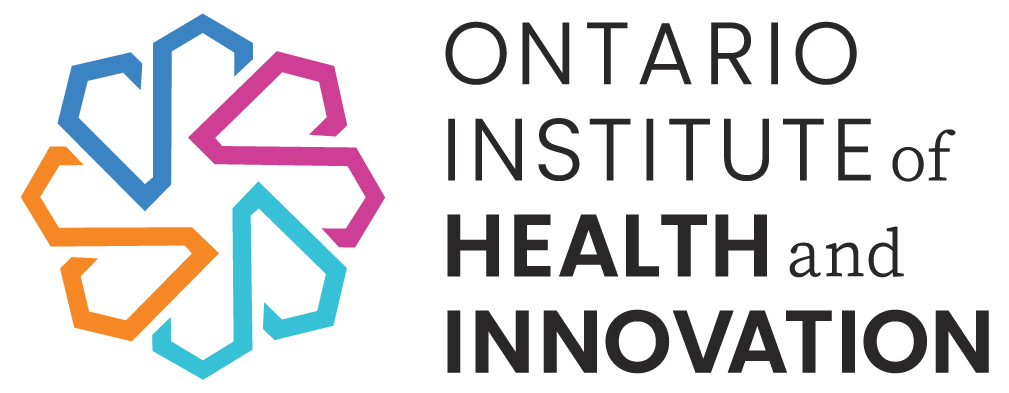For aspiring early childhood assistants (ECAs), choosing the right program for you is essential to kick-start a successful career.
What should you look for in an early childhood assistant program?
In this blog, we will discuss the most important qualities and factors to consider when selecting a post-secondary program in early childhood assistance and education.
A quality childcare certification program should include the following:
1. Dedicated, experienced teachers
The instructors leading your program can make or break the quality of your education. Look for programs with teachers that bring both extensive experience in the field and a genuine dedication to fostering children’s development. When your instructors have a strong background in early childhood education, you receive all the benefits of their expertise, personal experience and industry insights.
Dedicated, experienced teachers can:
- Inspire more passion and genuine dedication to the early childhood education field.
- Act as invaluable mentors to students.
- Offer meaningful career advice (e.g. tips for networking and job-hunting as an ECA)
2. Work experiences
Gaining work experience is a vital part of any quality ECA program. For aspiring ECAs, hands-on experience in a real childcare setting bridges the gap between classroom learning and real-world application, allowing you to practise your skills in an early leaning environment. Programs that incorporate extensive practicum opportunities offer you the best chance at immersing yourself in a childcare setting before you’ve even graduated.
Work experiences and practicums offer opportunities to:
- Apply the skills and knowledge taught in class.
- Immerse yourself in childcare environments.
- Familiarize yourself with the day-to-day tasks and operations in a childcare setting.
3. A mix of theory and practical learning
Both theory and practical learning are essential to become an effective ECA.
A strong early childhood education program blends theoretical knowledge with hands-on experience to ensure you have both the foundations and the real-world skills to become a well-rounded early childhood education assistant. Practical learning includes lab work and hands-on projects that allow students to delve deeper into their field.
Theory typically includes topics such as:
- Pedagogical foundations of early childhood
- Child development
- Learning through play
- Child health and safety
- Fostering creativity in early childhood education
- Guiding children’s behaviour
- Special education
Practical learning and lab work allow you to:
- Simulate real-world early learning and childcare spaces.
- Interact with the tools used to support children’s development.
- Practise maintaining a safe, enriching environment for children.
- Apply your practical skills and knowledge.
To prepare for a career as an ECA, remember to consider these three key factors when choosing an early learning childcare certification program: dedicated, experienced teachers, hands-on work experience, and a mix of theory and practical learning.
Programs like OIHI’s Early Childhood Assistant program exemplify these qualities, equipping students to make a lasting impact on young children’s development.
OIHI’s Early Childhood Assistant program features:
- Field placement preparation
- Dedicated, expert faculty
- 240 hours of practicum in a real childcare facility
- 354 hours of theory taught online
- 126 hours of practical lab work
To learn more about our ECA program, reach out to our team through the contact form below.

